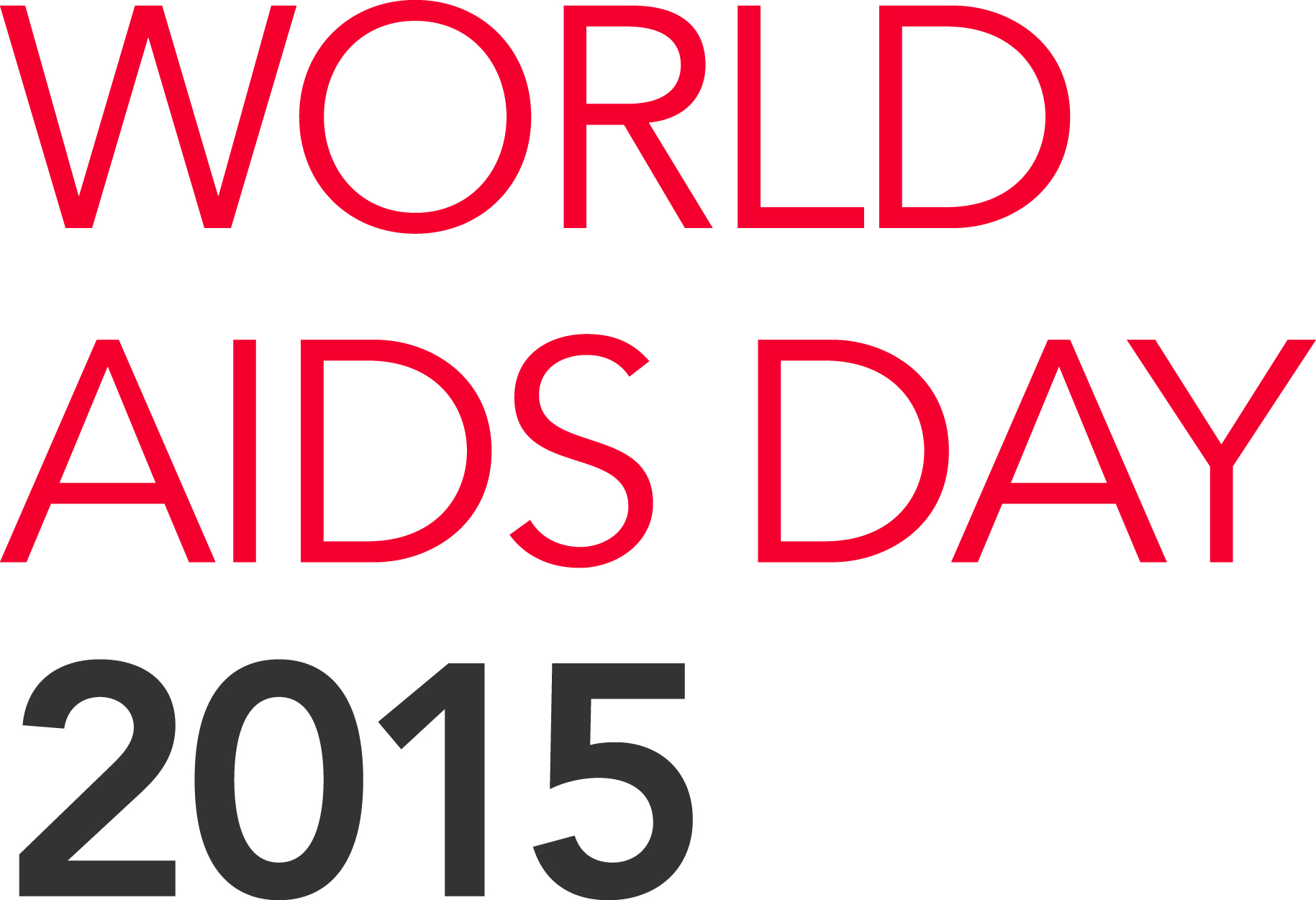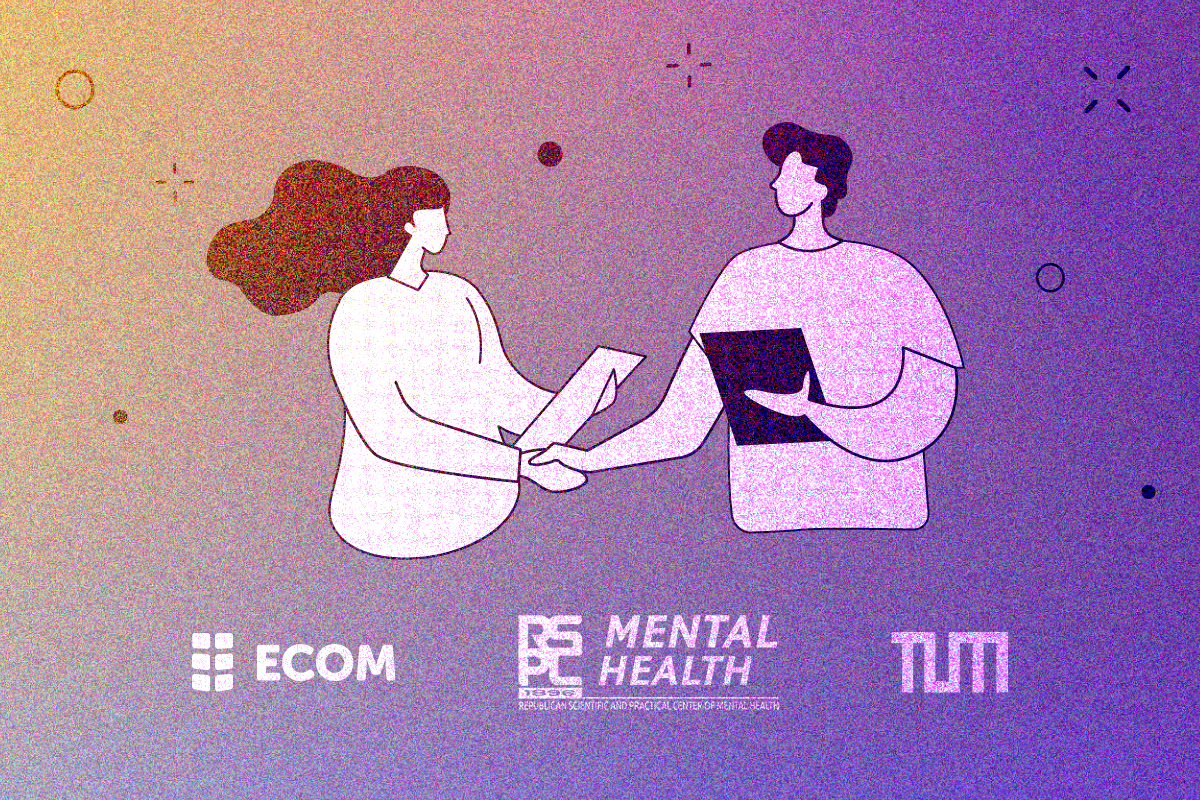
High-quality, strategic information is the main priority in accelerating the eradication of AIDS among MSM and trans people in the countries of EECA
The lack of quality data on HIV/AIDS among MSM and trans people ensures that the epidemic remains invisible, leaving gays, other MSM, and trans people without protection and assistance in relation to HIV, and also prevents the government from developing effective national HIV response programs.
Existing data suggests that, in the countries of Eastern Europe and Central Asia, the HIV epidemic continues to actively develop among MSM and transgender people. However, the quality of this data is insufficient to fully understand the situation and accelerate the response to the HIV epidemic among these groups.
New global initiatives, such as «90-90-90», are aimed at accelerating the eradication of AIDS. In order to achieve this, it is necessary to expand the use of prevention and treatment measures that have proven effectiveness. Aside from the general recommendation to begin ARV treatment immediately after an HIV diagnosis, such measures include targeted interventions for MSM and trans people, such as community based testing, counseling, and support, community-oriented informational and education campaigns, pre-exposure prevention (PrEP), as well as protection from discrimination and human rights violations on the basis of sexuality and gender identity.
While the spread of HIV continues to grow, there has been a decrease in funding from international sources—The Global Fund, formerly the main source of funding for programs targeting MSM, has urged countries to move towards national funding. However, national governments refuse to fund targeted programs, arguing that, firstly, MSM and trans people do not have a significant impact on the growth of the HIV epidemic in their countries in general, and, secondly, that prevention and treatment programs aimed at the «general population» are also effective for MSM and trans people.
Changing the positions of governments can only occur by mobilizing organizations and LGBT-community activists to engage in active advocacy and by providing them with quality data on the effect of MSM and trans people on the epidemic and on the effectiveness of existing interventions.
What data are strategic?
- The estimated population of MSM and transgender people and the HIV prevalence among these groups.
- The estimated coverage of prevention and treatment services for MSM and transgender people.
- The estimated effectiveness of existing prevention and treatment programs.
Although many countries of the region have conducted estimates of the MSM population size, the methodology used to do so raises many questions. Virtually all of the data on HIV prevalence among MSM and on the coverage of prevention and treatment services for MSM only reflect the situation in major cities of the country. Data on the accessibility and effectiveness of treatment for HIV-positive MSM are not disaggregated from general data on treatment. Consequently, it is not possible to say how accessible or effective these services are for MSM. There is absolutely no data on the HIV epidemic among trans people.
Estimates of the effectiveness of prevention programs in the region are not very informative, since a very limited set of interventions is carried out within countries of the region (in the best of cases, this is the distribution of condoms, lubricants, and 1-2 informational materials, in combination with HIV testing), and therefore, it is not possible to compare the effect of different interventions. Moreover, there is no possibility to analyze the cost-effectiveness and impact of implemented interventions from a public health perspective.
In order to quickly change the situation, ECOM will active conduct work in the following areas:
- WITH COMMUNITIES: promote the development of community tools for the collection of strategic information;
- WITH MEDICAL AND ACADEMIC INSTITUTIONS: support cooperation of medical and academic organizations with community based organizations and activists to gather strategic information for use in decision-making for national HIV responses;
- WITH GOVERNMENT AGENCIES: carry out work to decrease the level of stigma and discrimination towards LGBT people, so that community representatives are not afraid to express their needs; provide national funding for targeted programs for HIV prevention, treatment and support for gays, other MSM, and trans people;
- WITH INTERNATIONAL STRUCTURES: cooperate to provide timely and comprehensive technical support to communities and countries.






Комментарии
Пока никто не оставил комментарий